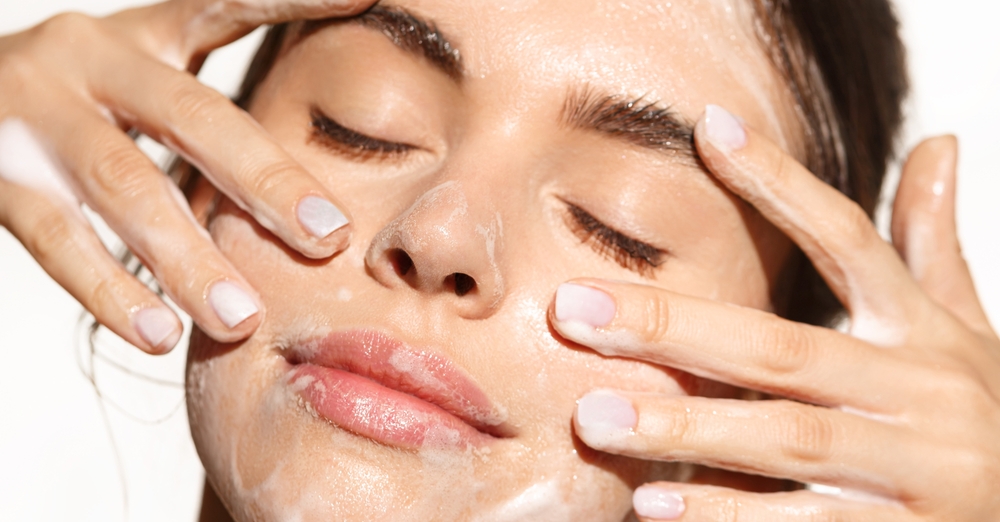
Skincare is a multi-billion-dollar industry, and with that comes a lot of misinformation. While many beauty trends promise flawless skin and quick fixes, not all the advice circulating in the beauty world is based on fact. Some skincare myths have been passed down through word of mouth, while others are perpetuated by clever marketing. In this article, we’ll debunk some of the most common skincare myths and clarify what you should actually cosmetice coreene be doing to take care of your skin. By separating fact from fiction, you can make more informed choices for your skincare routine and avoid falling for harmful or ineffective practices.
One of the most pervasive skincare myths is that you should never use moisturizer if you have oily skin. Many people with oily or acne-prone skin mistakenly believe that skipping moisturizer will reduce shine and prevent breakouts. In reality, not moisturizing can actually worsen oiliness by causing the skin to overcompensate and produce even more sebum. Moisturizing is essential for all skin types, including oily skin, as it helps to balance the skin’s hydration levels and strengthen the skin’s natural barrier. For oily skin, opt for oil-free, non-comedogenic moisturizers that hydrate without clogging pores. Keeping the skin properly moisturized can also help with acne management by preventing excessive dryness, which can trigger inflammation.
Another common myth is that expensive products are always better than affordable ones. While it’s true that some high-end products use premium ingredients, the price tag does not always correlate with effectiveness. Many drugstore skincare brands offer products with the same active ingredients found in luxury items at a fraction of the price. What really matters is the formulation and concentration of active ingredients, not the brand name or cost. For example, a serum containing retinol or vitamin C can be just as effective, whether it’s from a high-end or affordable brand. It’s important to focus on ingredients that suit your skin type and concerns, rather than being swayed by marketing that equates higher prices with better results.
A widespread myth surrounding acne is that sun exposure helps clear up pimples. Some people believe that getting a tan or spending time in the sun can dry out acne and clear up blemishes. While it may seem true initially because the skin appears less red or inflamed, UV exposure actually worsens acne in the long run. Sun exposure can damage the skin, increase oil production, and lead to hyperpigmentation, which can make acne scars even darker and more noticeable. Moreover, sun damage accelerates the aging process and increases the risk of skin cancer. Instead of relying on the sun to treat acne, it’s far more effective to use targeted treatments like salicylic acid, benzoyl peroxide, or retinoids, alongside proper sun protection with a broad-spectrum sunscreen.
There’s also a prevalent myth that you need to exfoliate daily for smooth skin. While exfoliating is beneficial for removing dead skin cells and promoting a brighter complexion, over-exfoliating can cause more harm than good. Exfoliating too frequently can strip the skin of its natural oils, leading to irritation, sensitivity, and even breakouts. Depending on your skin type, exfoliating 1-3 times a week is usually sufficient. If you have sensitive skin, opt for gentler exfoliants, such as enzyme-based exfoliators or mild acids like lactic acid, rather than harsh scrubs that can cause microtears in the skin. It’s essential to strike a balance and exfoliate in moderation to maintain a healthy skin barrier.
Finally, one of the most widely believed myths is that you only need sunscreen on sunny days. The reality is that Uv rays are present year-round, whether it’s sunny, cloudy, or rainy. UVA rays, which cause premature aging and can penetrate deeper into the skin, are constant throughout the year, even when it’s overcast or chilly. UVB rays, responsible for sunburns, are strongest in the summer but can still affect your skin in colder months. To protect your skin from the long-term damage caused by UV rays—such as wrinkles, dark spots, and skin cancer—it’s essential to apply sunscreen every day, even on cloudy or cool days, and reapply every two hours if you’re outdoors for an extended period.
In conclusion, debunking these common skincare myths can help you make smarter decisions about your routine and prevent unnecessary harm to your skin. Moisturizing is crucial for all skin types, regardless of oiliness, and the price of a product doesn’t guarantee its effectiveness. Exfoliation should be done in moderation, and sun protection is necessary every day, no matter the weather. By focusing on the facts and understanding your skin’s specific needs, you can build a more effective skincare routine and achieve healthier, clearer skin without falling for myths or misinformation.